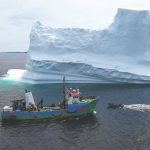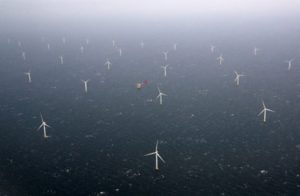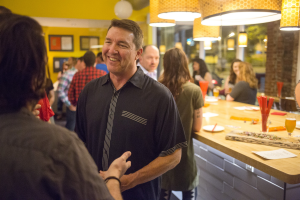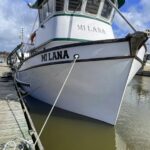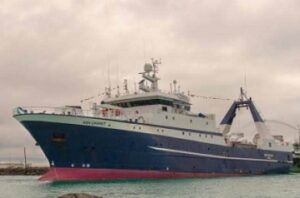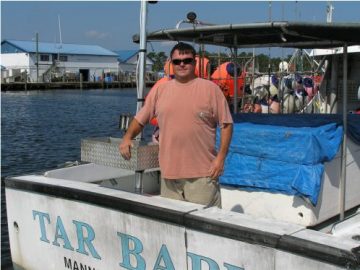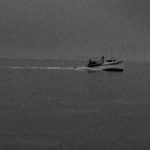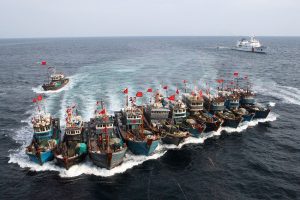FISH-NL says DFO has blood on its hands; department policy contributed to deaths of four Shea Heights fishermen in 2016
FOR IMMEDIATE RELEASE Nov. 27th, 2017
The Federation of Independent Sea Harvesters of Newfoundland and Labrador (FISH-NL) says a report by the Transportation Safety Board into the death of four fishermen off Cape Spear in September 2016 confirms the tragedy was the result of Department of Fisheries and Oceans policy.
September 2016 confirms the tragedy was the result of Department of Fisheries and Oceans policy.
“I hope senior management at DFO go home this evening and take a good long look at themselves in the mirror, and then make sure to give their hands a good scrub because there’s blood on them,” says Jason Sullivan, Captain of FISH-NL’s under 40-foot fleet.
“People are dying and no one’s held accountable.”
The Transportation Safety Board released a report today on the Sept. 6th, 2016 sinking of the Pop’s Pride, a 22-foot open fishing boat, that claimed the lives of four fishermen from Shea Heights, including Eugene Walsh, his son Keith Walsh, grandson Keith Walsh Jr., and family friend Bill Humby.
While the boat’s skipper was allowed to buddy-up on a bigger, safer boat to catch his crab quota earlier in the year, DFO does not allow buddying-up in the cod fishery.
“Safety must be the No. 1 consideration at all times, and this is yet another example of the fact that it isn’t,” said Sullivan, who referenced the 2015 tragedy in Placentia Bay in which three fishermen died while crab fishing.
In that case, the Transportation Safety Board said the boat owner hadn’t been using his regular longliner, but a smaller 7.1-metre open boat. The report said he was under pressure to fish, as he hadn’t caught any of his quota two weeks before the end of the fishing season. His main boat was being repaired and taking longer than expected; he couldn’t use the vessel licensed to his wife as it could only be used to fish her quota, the report said.
While weather and sea conditions were factors in the tragic death of the four Shea Heights fishermen, the decision to sail that day may have been influenced by a licensing requirement that fishing gear must be attended to every 48 hours. While DFO’s fishing regulations provide for an extension under exceptional circumstances like bad weather, that information wasn’t included in the licence conditions issued by DFO.
Further, the crew’s decision to set sail that day may have also been influenced by the fact the cod fishery didn’t have an end-of-season date.
“The harvesting rules introduced in the 2016 northern cod stewardship fishery — including weekly limits — did not take safety into account, increasing the risk that harvesters would fish in conditions they would otherwise avoid,” said Sullivan.
-30-
Contact Ryan Cleary: 682 4862

































